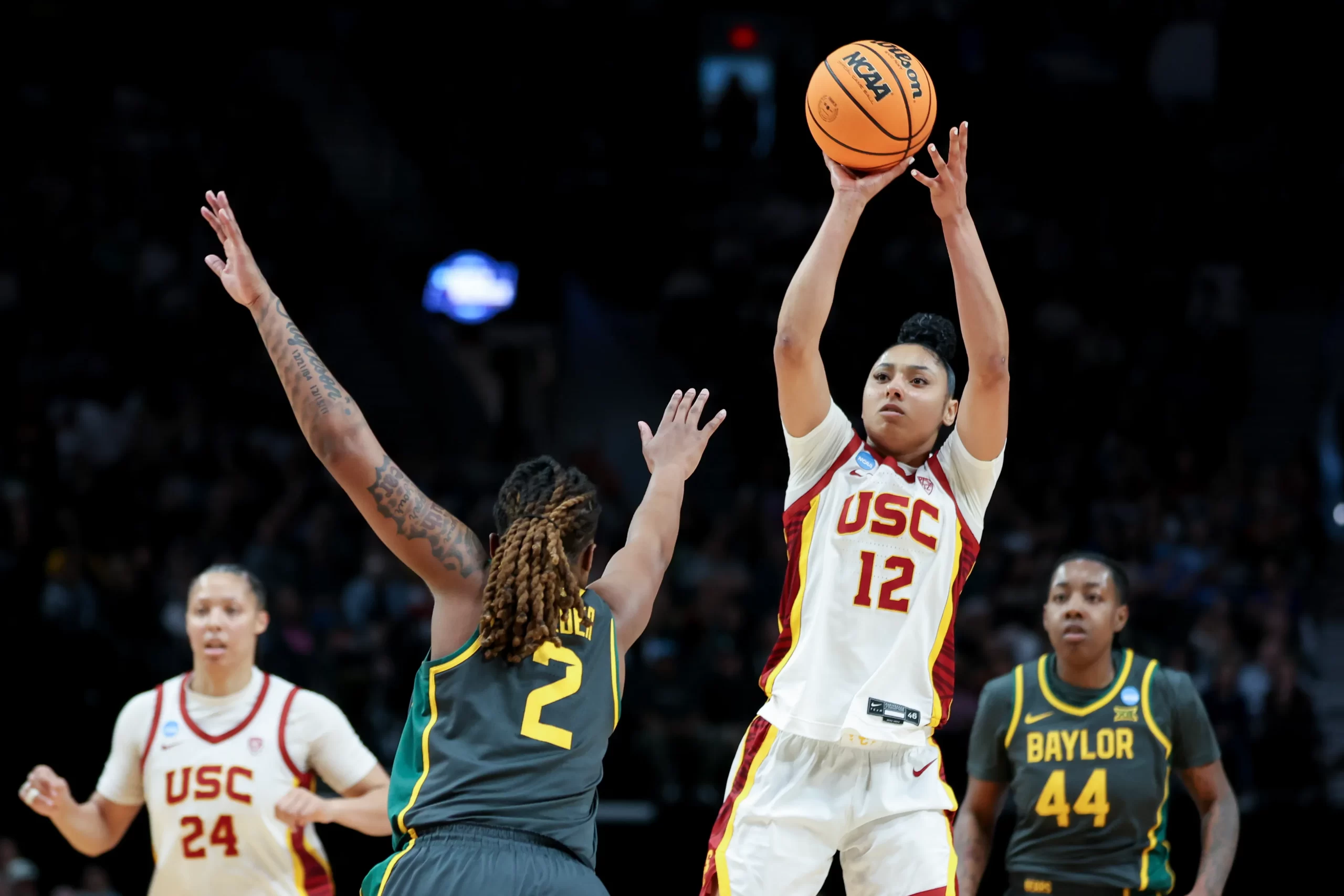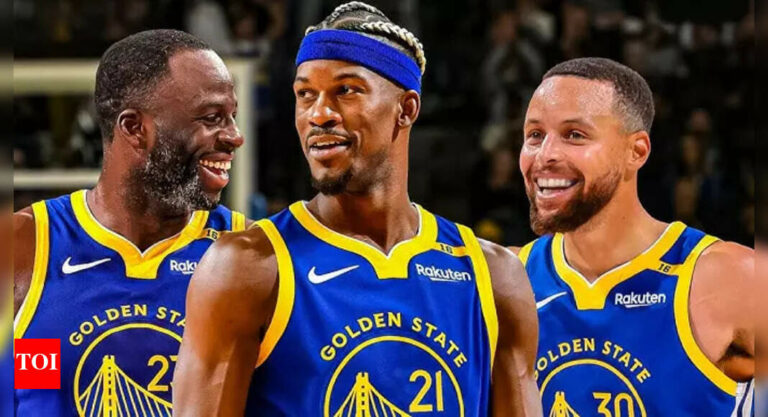
JuJu Watkins: USC’s Standout Player in the Maelstrom of Controversy
A Critical Examination of the Complexities Surrounding a Rising Star
JuJu Watkins, the 17-year-old football prodigy from Las Vegas, has emerged as a standout player for the University of Southern California (USC) Trojans. With his exceptional speed, agility, and playmaking ability, Watkins has drawn comparisons to some of the greatest wide receivers in college football history. However, his rise to stardom has been marred by a series of controversies, casting a shadow over his accomplishments and sparking a debate about the ethics of youth sports and the pressure placed on young athletes.
The Phenomenal Talent of JuJu Watkins
JuJu Watkins is undoubtedly a generational talent. At just 5’8″ and 180 pounds, he possesses an uncanny ability to gain separation from defenders, create space, and make acrobatic catches. His speed and agility allow him to evade tackles and turn short passes into long gains. In his first season at USC, he led the team in receiving yards with 1,231 and touchdowns with 13, earning All-American honors and cementing his status as one of the most dangerous offensive weapons in the country.
The Controversies: Age, NIL Deals, and Education
While Watkins’ talent is undeniable, his journey has been marked by several controversies. First and foremost, his age has raised concerns about the ethics of allowing a 17-year-old to compete against college athletes who are typically at least 18 or 19 years old. Some argue that it creates an unfair advantage and could potentially jeopardize his physical and mental development.
Another controversy surrounding Watkins revolves around Name, Image, and Likeness (NIL) deals. In the past, college athletes were prohibited from receiving compensation for their athleticism. However, recent changes in NCAA regulations have allowed athletes to earn money through endorsements and sponsorships. Watkins has secured several lucrative NIL deals, including one with the footwear and apparel giant Nike. Critics argue that these deals could lead to conflicts of interest and potentially influence his decision-making on the field.
Lastly, some have raised concerns about the balance between Watkins’ athletic and academic pursuits. As a full-time student at USC, he is expected to maintain a certain GPA while also juggling the rigors of football practice and game schedules. The pressure to succeed on both fronts could take a toll on his overall well-being.
Perspectives on the Controversies
The controversies surrounding JuJu Watkins have elicited a range of perspectives. Some believe that allowing a 17-year-old to compete in college athletics is unethical and could lead to long-term health consequences. They argue that he should be given the opportunity to develop physically and emotionally before entering the competitive environment of college sports.
Others contend that Watkins’ exceptional talent should override any age-related concerns. They point to his ability to compete at a high level and argue that he deserves the same opportunities as older athletes. They also believe that his NIL deals are a reflection of his value as a brand and should not be seen as a conflict of interest.
Regarding the balance between athletics and academics, some believe that the demands of college football will inevitably compromise Watkins’ education. They argue that the focus on physical training and game schedules will leave him with little time for studying and academic pursuits. Others maintain that USC has a responsibility to ensure that Watkins receives the necessary support and accommodations to balance his athletic and academic obligations.
Implications for Youth Sports and College Athletics
The controversies surrounding JuJu Watkins have broader implications for youth sports and college athletics. The debate about the age of eligibility for college sports could lead to a reevaluation of the current system and a reconsideration of the potential risks and benefits of allowing younger athletes to compete at the highest level.
The NIL deals also raise questions about the commercialization of college sports and the potential for conflicts of interest. As more and more athletes earn substantial sums of money through endorsements and sponsorships, it will be important to ensure that these deals do not compromise their integrity or the competitive balance of the game.
Finally, the balancing act between athletics and academics is a challenge that faces all college athletes. The case of JuJu Watkins highlights the need for institutions to provide student-athletes with the necessary support and resources to succeed both on and off the field.
Conclusion: A Complicated Legacy
JuJu Watkins is a supremely talented athlete who has achieved remarkable success at a young age. However, his journey has been marked by a series of controversies that have raised important questions about the ethics of youth sports, the commercialization of college athletics, and the balance between athletics and academics.
As Watkins continues his career at USC and beyond, it will be important to monitor his development and the impact of the controversies that have surrounded him. His legacy will ultimately be defined not only by his accomplishments on the field but also by the way he navigates the complexities of a system that is constantly evolving and facing new challenges.



